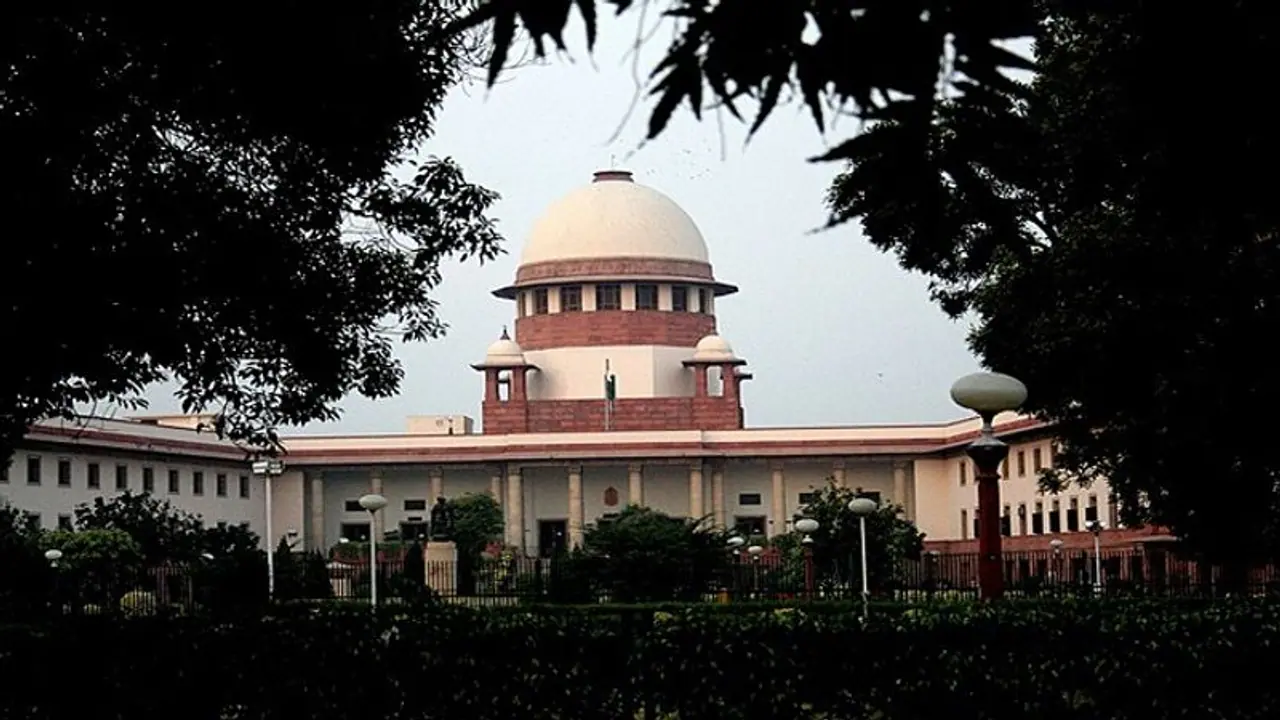The Supreme Court has declined the release of former UP minister Amarmani Tripathi and his wife, who were serving a life sentence in the Madhumita Shukla murder case. The court has issued notices to the UP government, seeking their response to a plea against the release.
The Supreme Court on Friday (August 25) refused to stay the release of former Uttar Pradesh minister Amarmani Tripathi and his wife Madhumani, serving a life term in the poet Madhumita Shukla murder case.

Amarmani Tripathi and Madhumani were set to be released prematurely based on the state's 2018 policy on remission, after completing 16 years of imprisonment. However, the Supreme Court on Thursday issued notices to the UP government in response to a plea against their release, filed by the poet's sister Nidhi Shukla.
After Chandrayaan-3 success, ISRO chief S Somanath's old partying video goes viral | WATCH
Justices Aniruddha Bose and Bela M Trivedi presiding over the bench have requested responses from the state government, Amarmani Tripathi, and his wife within eight weeks. The Uttar Pradesh prisons department, while citing the order, mentioned the couple's age and good behavior as reasons for their potential release—Amarmani at 66 and Madhumani at 61. Currently, both are receiving treatment at BRD Medical College, Gorakhpur.
Poet Madhumita Shukla, who was pregnant, met a tragic end on May 9, 2003, when she was shot dead in Paper Mill Colony, Lucknow. Amarmani Tripathi was apprehended in September 2003 in connection with the murder, reportedly due to his alleged relationship with the poet.
ISRO shares video of how Chandrayaan-3 Rover ramped down from Lander to lunar surface | WATCH
Following their arrest, a Dehradun court sentenced Amarmani and Madhumani to life imprisonment for the murder in October 2007. Subsequently, both the Nainital High Court and the Supreme Court upheld their sentence. The Central Bureau of Investigation was responsible for investigating the case.
